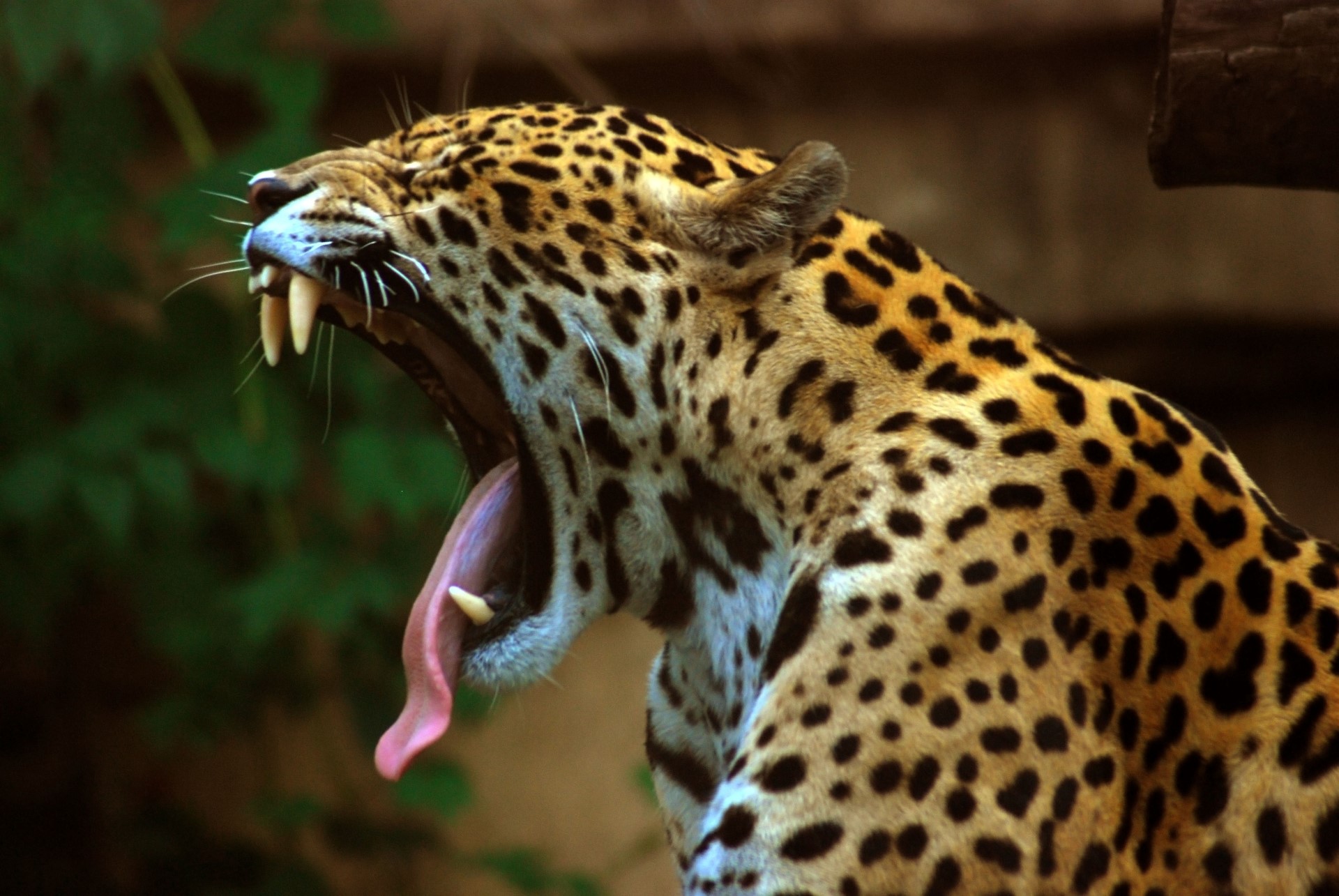Plans to turn the Pantanal into a waterway, will destroy this wilderness
The Pantanal is an incredibly wilderness, however, the Paraguay river is planned to be turned into a water way and build ports. I have included

photo credit MarcusObal
Jaguars are the only big cat that is found in the Americas. Superficially looking like a Leopard, it is actually no more closely related to a Leopard, than a Lion or Tiger.
Once (as late as the year 1900) ranging from Southern Argentina- north through the rest of South America, and throughout Mexico and the Southern United states (some 19 million square km) its current range is greatly reduced, see the map below.
 A map of Jaguar range. Red is the current range, pink is the range back in 1900. As you can see, it only leaves the Jaguar as the king of the Amazon
A map of Jaguar range. Red is the current range, pink is the range back in 1900. As you can see, it only leaves the Jaguar as the king of the AmazonWonderful swimmers, fantastic hunters and strong cats, they were undisputed as the apex or one of the apex predators in every environment in which they lived.
They are known to regularly take livestock where it is possible. Possibly as a result of having only millennia rather than the eons that native animals have, they have not learnt to fear humans and keep their distance as healthy populations of lion leopard and tiger do.
However, there is also a huge draw to see this animal in its native habitat. The easiest way to see Jaguar, is usually from a boat on a river.
As with other species on this site, I hope to add many destinations over the next few years. Below these links will be a list of all articles on Jaguars, and we will add all the destinations and links we have, as we make them below the news section.
From the great Pantanal – Brazil’s area of wetland, to a number of reserves across the amazon rainforest (it is estimated that 57,000 Jaguars still survive in the fragments of the Amazon rainforest that still stand. On top of this, there is still significant jaguar habitat in Mexico and central America. One of these was set up by the late great Alan Rabinowitz, who fought right up to hist death for protecting places like Cookscomb basin reserve in Belize.
As with many other wildlife around the world, travel to see these animals is essential, if we are to give a financial incentive to those who live and work in the country. Get in touch if you work in conservation of this incredible animal, or tourism. Link is at the top of the main page (or click here)
The Pantanal is an incredibly wilderness, however, the Paraguay river is planned to be turned into a water way and build ports. I have included
World maps: explore This website aims to make it easy for those living with wildlife, and those who would like to see it, to find
While few animals have been completely exterminated from north America in the last 300 years there are a few on the brink. One such animal
Wild Jaguars are a native resident of the USA. Once roaming as far north as the Grand canyon, they roamed over around 1/3 of its
It is essential that tourists do not damage the places that they visit! I would think that this is obvious, but this is something that
It might be a shock to many, but Jaguars were once native to the USA. What’s more despite humans biggest efforts, the eradication was not









Join as an ambassador supporter to
support this site, help save wildlife
and make friends & log in

